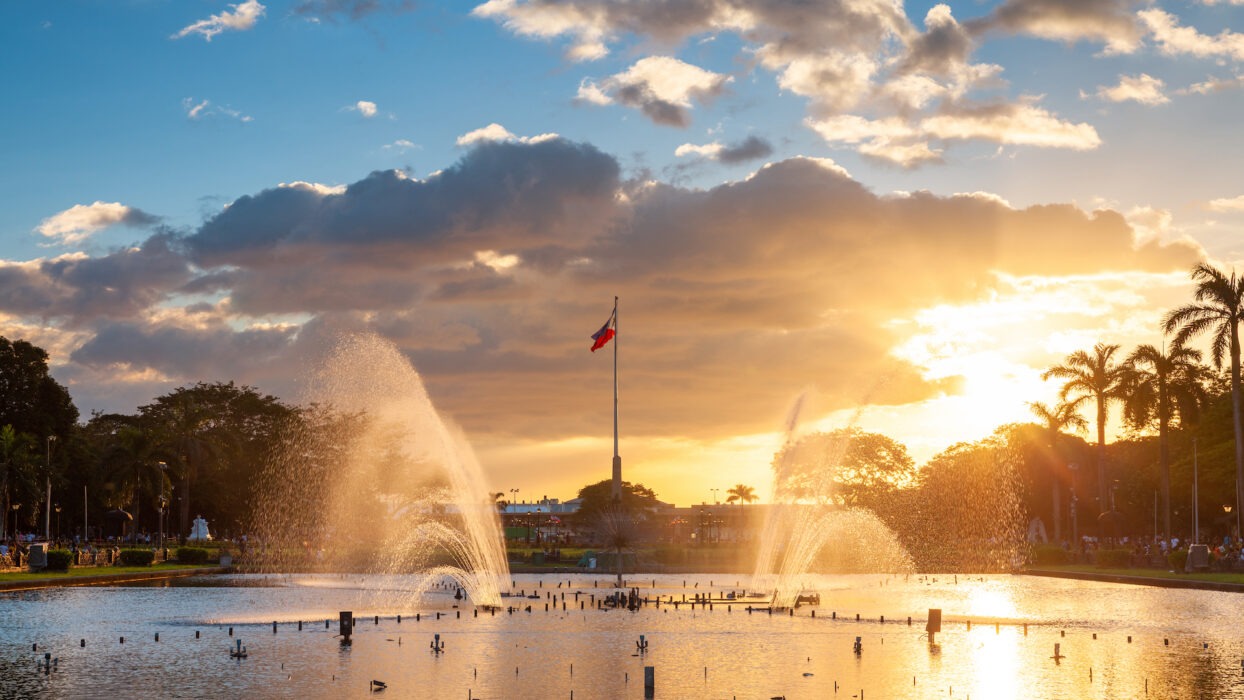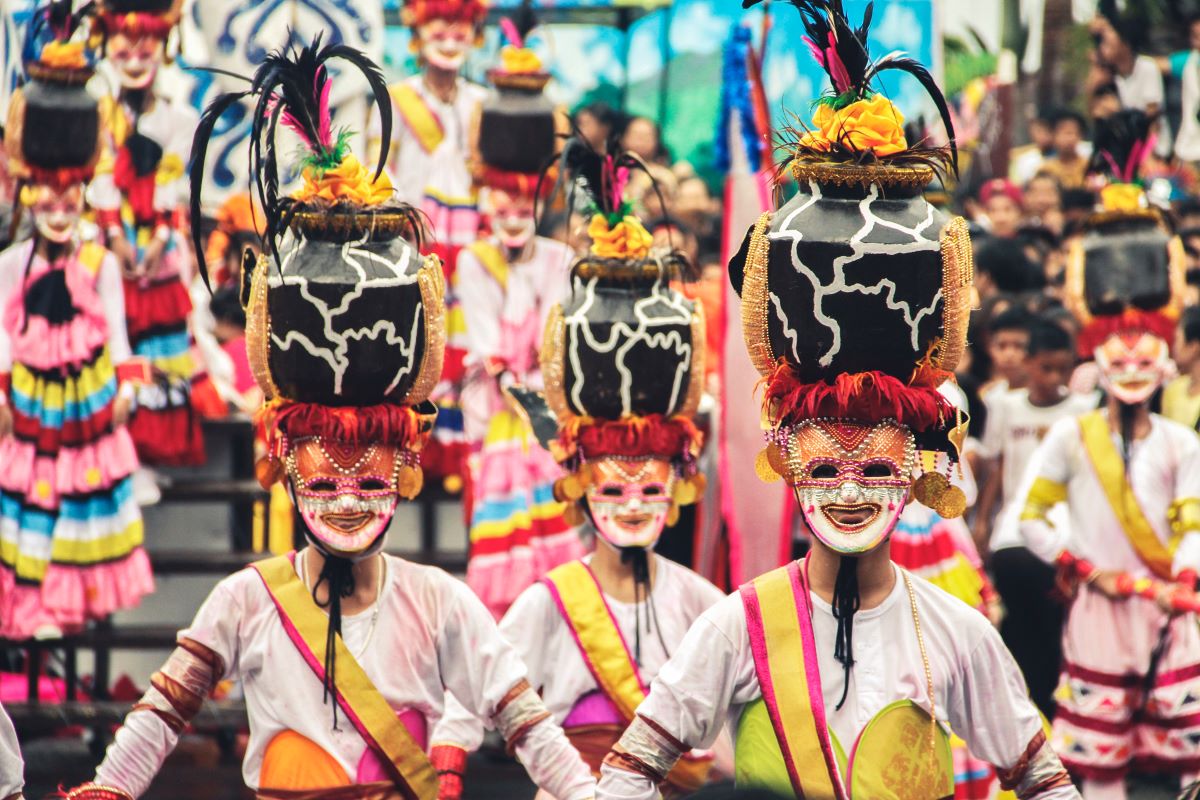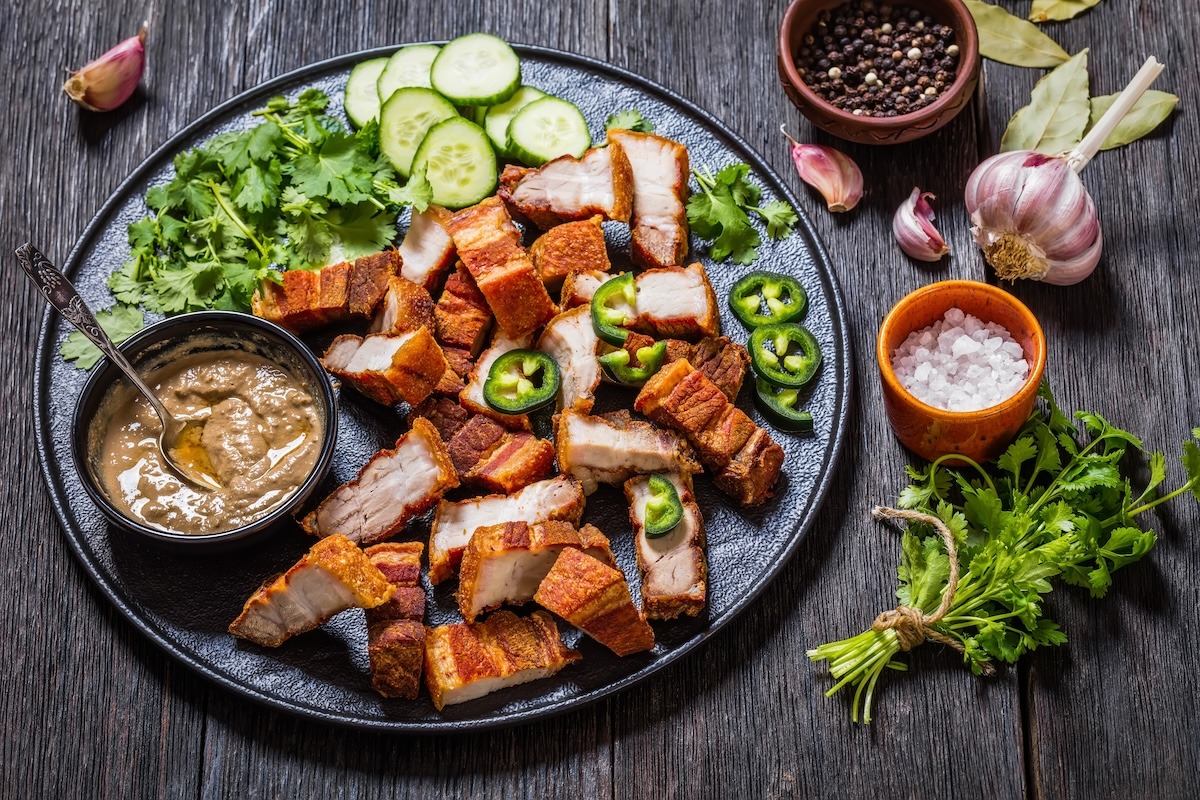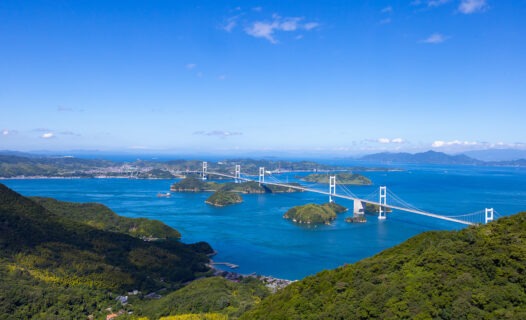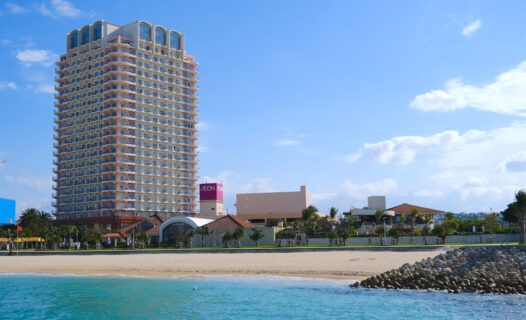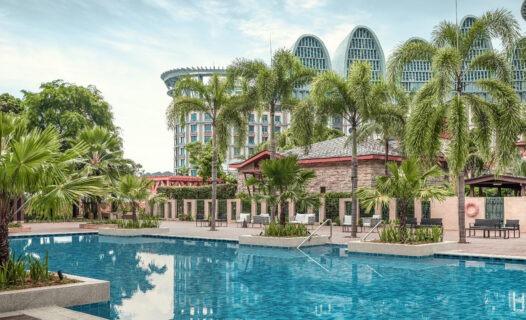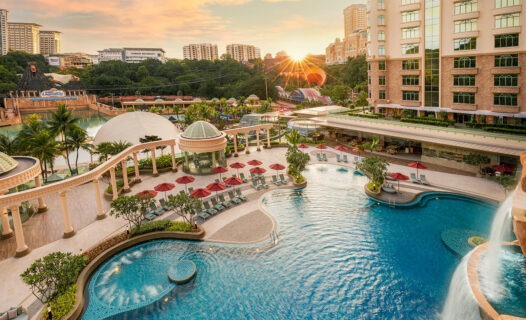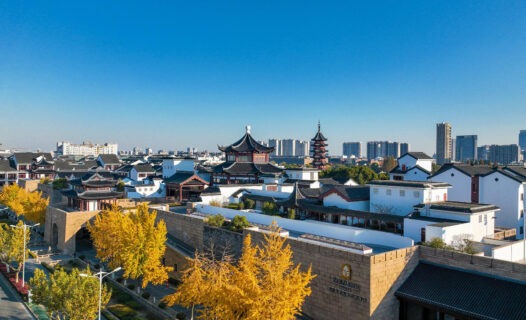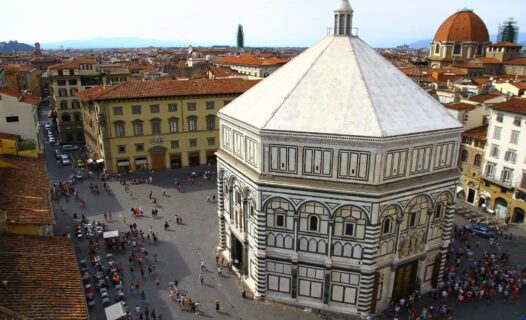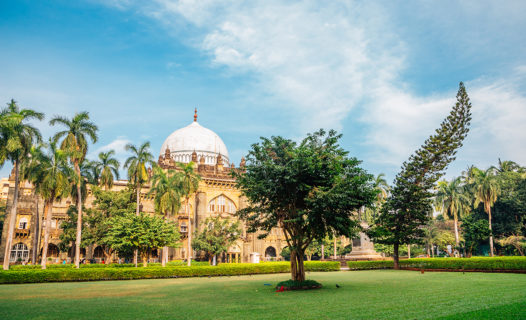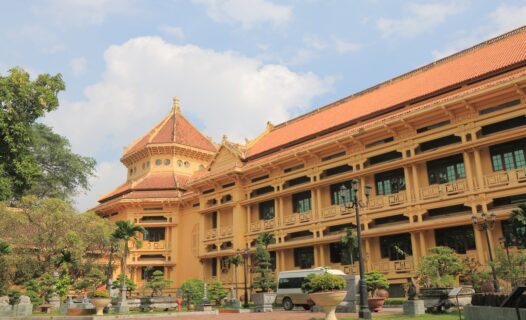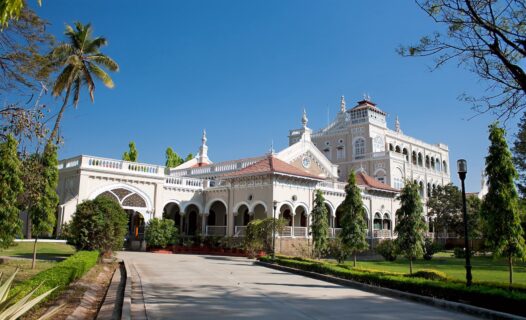Bonifacio Day, celebrated every November 30th, is a significant public holiday in the Philippines. It honors the birth of Andres Bonifacio, a national hero known for his pivotal role in the Philippine Revolution against Spanish rule. This day is not just a commemoration of Bonifacio’s life but a celebration of Filipino courage and patriotism.
The Legacy of Andres Bonifacio
Andres Bonifacio, often referred to as the “Father of the Philippine Revolution,” was a key figure in the fight for independence. Born in 1863, Bonifacio founded the Katipunan, a secret society that ignited the revolution against Spanish colonization. His leadership and vision for a free Philippines have left an indelible mark on the nation’s history.
Historical Significance
Bonifacio Day serves as a reminder of the struggles and sacrifices made by Filipinos in their quest for freedom. It is a day to reflect on the country’s rich history and the enduring spirit of its people. Across the nation, various events and activities are held to honor Bonifacio’s contributions and to educate the public about his legacy.
Celebrations and Activities
Bonifacio Day is marked by various celebrations across the Philippines. In Manila, the capital city, events often include parades, cultural performances, and wreath-laying ceremonies at monuments dedicated to Andres Bonifacio. These activities provide an opportunity for Filipinos to express their national pride and honor their history.
Visiting Historical Sites
For those interested in exploring the historical aspects of Bonifacio Day, visiting key sites such as the Bonifacio Monument in Caloocan and the Bonifacio Shrine in Manila is a must. These landmarks offer a glimpse into the past and serve as a tribute to Bonifacio’s enduring legacy.
Engaging in Cultural Events
Many communities host cultural events that showcase traditional Filipino music, dance, and art. These events not only celebrate Bonifacio’s contributions but also highlight the rich cultural heritage of the Philippines. Attending these festivities is a great way to immerse oneself in the local culture and connect with the community.
Embracing Filipino Culture
Bonifacio Day is not just a historical commemoration; it’s a celebration of Filipino culture and identity. Engaging with locals and participating in community events can enrich your travel experience.
Local Cuisine
Don’t miss the opportunity to savor traditional Filipino dishes such as adobo, sinigang, and lechon. Street food is also a must-try, offering a taste of local flavors and culinary creativity.
Festivals and Events
Many regions host festivals and events around Bonifacio Day, showcasing local traditions, crafts, and performances. These gatherings provide a vibrant and colorful insight into the diverse culture of the Philippines.
Connecting with Locals
Filipinos are known for their warmth and hospitality. Engaging with locals, whether through guided tours or casual conversations, can offer unique perspectives and enhance your understanding of the country’s rich heritage.
Bonifacio Day is a profound celebration of heroism, history, and culture in the Philippines. Whether you’re exploring historical landmarks, engaging in cultural festivities, or savoring local cuisine, this holiday offers a unique opportunity to connect with the Filipino spirit. Embrace the vibrant traditions and rich heritage as you join in commemorating the legacy of Andres Bonifacio, a true national hero.

